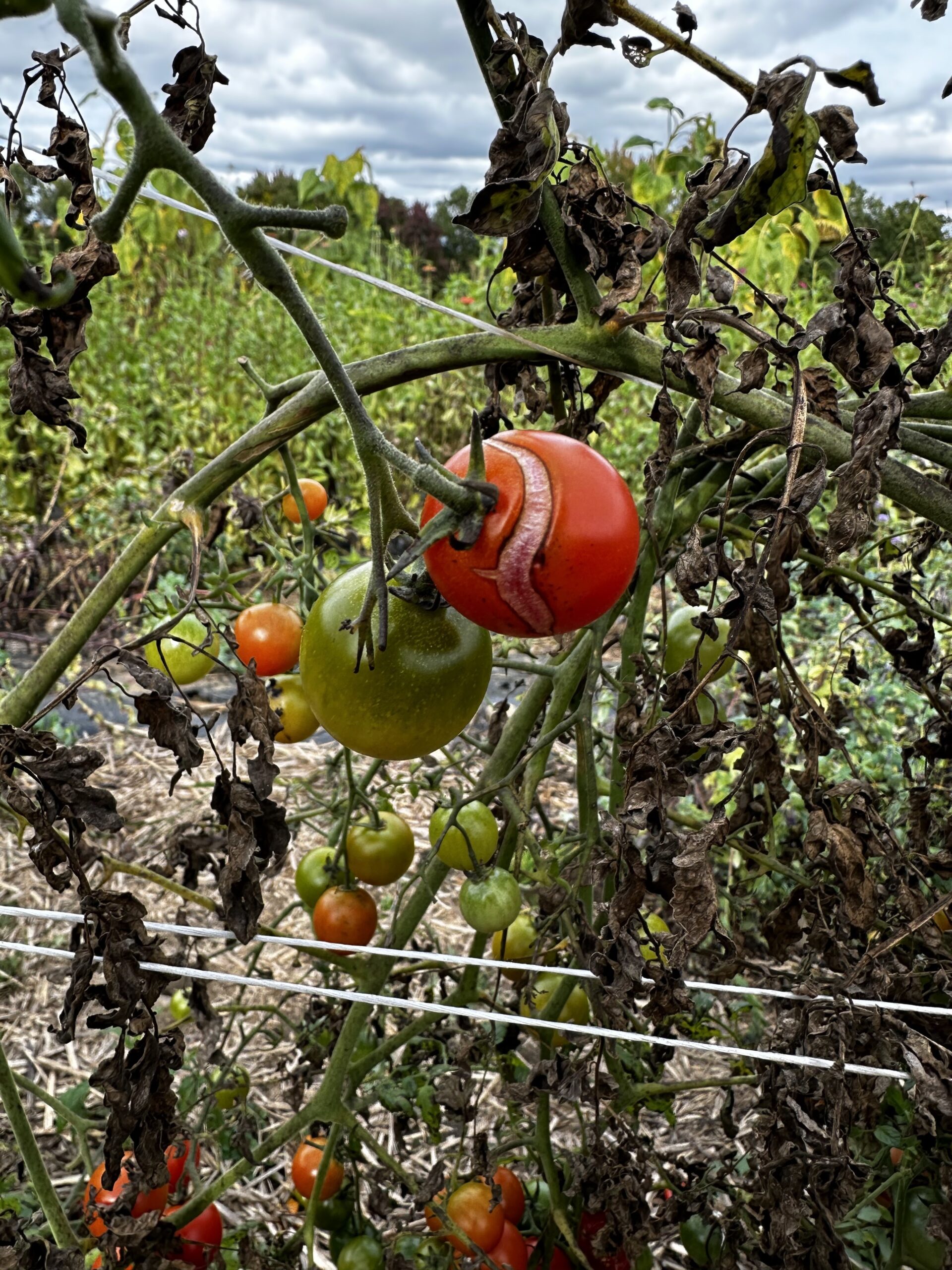By AVERY FARMER

Elbel Field, 2018.
Like an orgy—or a fight. Legs collide with legs; strangers struggle around each other, into each other. A collective gasp clutches them all together. One, shirtless, leads the ball down the field, stumbles, and loses control of it. Now the ball leads him and leads his opponent into him. The two collide without a sound, the crash dampened by their flesh. Everybody stops to watch them battle for the ball. When it spills free, the first man gains control and rolls it across an invisible line between two heaps of t-shirts. Half the players cry in ecstasy. Half sigh in frustration. For a few seconds before this, nobody breathed at all.
The tallest, strongest player on the field is from Senegal. A Brazilian grandfather has the best first touch. A Nigerian player and an Iraqi have been inseparable on the field since last summer, when one complained about playing while fasting and the other grinned. “You a Muslim? Me too, bro!” Two white men in their 50s are astonishingly quick; two white teenagers are embarrassingly lethargic. The most dominant player happens to be a black American. He can twist through two, three, four defenders with ever-more-dazzling magic. People play dirty against him.
I have never been much good at soccer, despite playing it for the first time when I was maybe four years old. But I know that I don’t remember a time in my life without it. In elementary school, I played defense, mostly because that was where I could do the least damage. As I got older, faster, taller, but not stronger, I moved into midfield, where I could rely on speed and intuition to carry my slight frame through the scattered bodies. Off the field, I was always anxious and awkward, a dual curse that only got worse with age. By the time I was in high school, my brain relaxed under only two circumstances: weekend mornings, parked on the couch between my mom and dad, fretting over Tottenham Hotspur, and playing pickup soccer at Elbel Field. The first time I stepped into a pickup game, I was intimidated. The players were stronger, older, better. Each day I prayed that my feet would surprise me with a ray of brilliance. Each day I went home disappointed, but uplifted.
Soccer becomes a home for people. A momentary higher calling. When you step onto the grass, or when you crowd into the stands with a rowdy, loving group of supporters, you are elevated. You become more than one person with personal traumas and aspirations; you are a part of a massive, moving thing, greater than the individual game you’re playing in or watching; greater, even, than all the games being played and watched at any given time, because soccer is a ritual that the whole world shares. You don’t need to speak English to join a pickup soccer game, or be young, or male, rich, white. All you need is to be swept up by the frenzy. If soccer is a church, then its sermon arrives in an elbow to the gut or a cleat across the back of your calf, a harsh intimacy. Young men, especially, do not feel the touch of other humans except (or so they will brag) in the context of sex, which makes the feeling of being held by somebody else transformative, even if the hug is from a stranger trying to keep you off of a ball. The tension in these embraces, coupled with the fact that they are happening across the planet as they have for generations, transforms soccer into a ritual of familial love: I will hold and be held, I will tackle and be tackled, I will score and concede; and, after 90 minutes or when the sun goes down, half of us will be winners. All of us will return the next day, re-make teams, and do it again. It’s a way into infinity, a transcendence of my present moment.
This is even true when my body is not on the field, when I’m watching from afar. Take Zinedine Zidane, my idol who glimmered across the pitch like light itself. There was a melody to his movements, a lilting rhythm with which he danced through defenders and made them participants in his choreography. He was a miracle of elegance and grace. I could sit for hours watching and re-watching his highlight reels, just like I could listen and re-listen to the same song to hear its every nuance. Everybody who loves soccer has in our hearts a vision like this, an aspiration of emulating a virtuoso for just a moment. These imagined glories feel like heaven, the promise of a day when our bodies’ jumbled parts will align with our muddy brains to produce a fitting tribute to the game and what it’s meant to us.
Elbel Field is in between two neighborhoods, the Old West Side to the east and Burns Park to the west. All the homes around the field are historic. What makes them historic instead of old is unclear, but the people who buy these houses pay handsomely for them. They stake their ownership via yard signs planted in front of historic windows, signs like “Hillary 2016,” “One Human Family,” and “Immigrants Are Welcome Here.” If you walked through these neighborhoods on a sunny day in June, homeowners would be out trimming lawns and watering gardens. Probably you would only see white people; we own almost all of these houses. And although the white homeowners that make up Ann Arbor’s “townie” population certainly love the presence of pickup soccer games at Elbel Field, few of their children play in them. These parents prefer to devote their children’s time to selective private club teams.
The pickup players don’t mind who shows up and who doesn’t. We don’t play for any audience. To judge these games by how well they mend historical wrongs or connect people of different cultures is to miss the point entirely. The power of these games is in more than their visual diversity or their cultural integration. In fact, most players don’t talk to each other off the field, or even bother to learn one another’s names. Pickup soccer offers instead a physical and emotional connection between this person and that person, this team and that team, this game to all the games. A momentary yet enduring space for people to play—just play: an imperfect but beloved blueprint for confrontation and joy.
# # #
Eberwhite Elementary School, 2006.
The Principal’s Office.
Something’s wrong. You’re walking out the door and back to class without a punishment. Lucky, considering you got caught in a full-on fistfight. The kid you fought, who has your brother’s name, is still in the principal’s office. The principal took so long to come in that you settled your differences with words before she got there; when she did, you shook hands, apologized, and promised it wouldn’t happen again. She let you walk out, but asked him to stay.
He’s still in there. When you get back to class, you realize the teacher has been waiting to resume the lesson until you got back, which she does cheerfully, as if everything is as it should be. The boy with your brother’s name is in your class, too. He’s not back yet.
His mom works in the cafeteria. Twelve years from now, when his name jumps out from a newspaper, you will remember her name, Brenda, and sit stunned for half an hour.
He’s still in the principal’s office. He lives down the street from you, kind of. You live in a neighborhood on one side of the street; he lives in public housing on the other. Your neighborhood is nearly all white. His is nearly all black. Your teacher is white. The principal is white. Your friends are white. His friends are white.
He’s still there. Has the weight in this memory always been there, like its facts are too heavy for its orbit? When you were eight, was anything wrong at all? Did you wonder where James was, or did you open your notebook and keep taking notes?
* * *
What will you add to your record now: his face under a headline, how he sobbed as he apologized to you twelve years ago, or the tears for him that today you will not shed?
Avery Farmer is a junior at Amherst College and was a 2018 summer intern at The Common.




